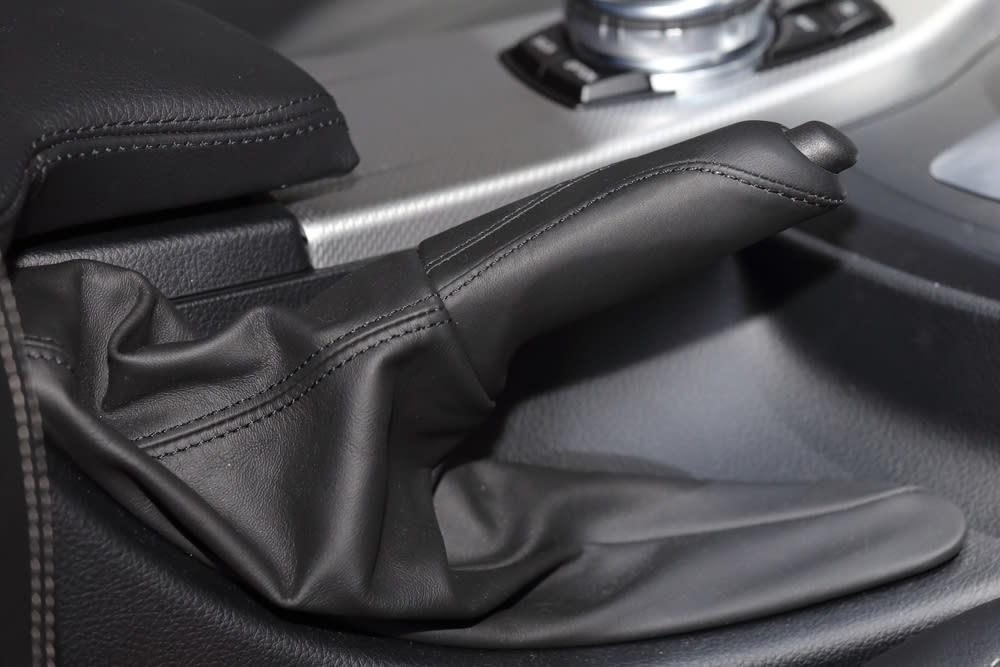

The emergency brake is one of those car parts we often overlook and forget to use. Technically, you should engage the parking brake any time you leave your car sitting – especially on a hill.
The problem with neglecting to put on the emergency brake is that there is a purpose to the practice – this auxiliary brake engages the rear brakes, keeping them adjusted. In addition, allowing this brake to fall into disuse encourages rust and corrosion to develop in the internal components, which you may not discover until it’s too late – at that critical moment when you actually need this emergency stopping mechanism. Most people don’t view the parking brake as a component of the car’s safety systems but that’s exactly what it is.
At some point, whether through time and normal wear or because of decay due to neglect, you may find yourself pulling that awkward lever only to be met with a snapping, and/or a surprising lack of resistance. You will now need to replace the parking brake cable.
When shopping for a new emergency brake cable try to keep a few things in mind:
Consider OEM (original equipment manufacturer): This guarantees that the cable can hold up to your car’s weight during use.
Quality material: Look for a cable that’s constructed of high quality, durable material such as steel.
Corrosion protection: Choose a parking brake cable with rust and corrosion protection. This will extend the life of the part, helping to ensure that the same breakage doesn’t happen again.
YourMechanic supplies top-quality emergency/parking brake cables to our certified mobile technicians. We can also install a emergency/parking brake cable that you've purchased. Click here to get a quote and more information on emergency/parking brake cable replacement.



